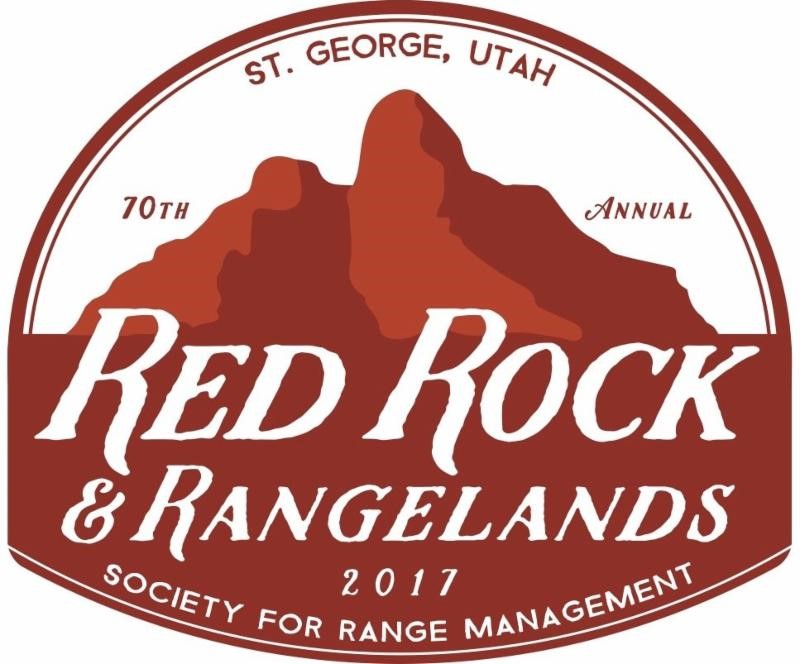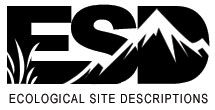|
Quick Links
Annual Meetings
Red Rock and Rangelands Registration is now live! Click HERE to register today St. George, UTJanuary 29 - February 2, 2017 Conferences
•
Career Growth
|
 ESD WORKSHOP Interagency Ecological Site Applications Workshop INTERAGENCY ECOLOGICAL SITE APPLICATIONS WORKSHOP The Society for Range Management and agency partners held the second regional Interagency Ecological Site Applications Workshop this past month as part of the Ecological Site Description (ESD) Workshop series. The workshop took place at the beautiful Archbold Biological Station in Venus, Florida and spanned a total of three days. There were 40 workshop participants representing 10 federal and state agencies and other organizations. Organizations represented included: the Natural Resources Conservation Service (NRCS), U.S. Forest Service (USFS), U.S. Fish and Wildlife Service (USFWS), U.S. Air Force (USAF), Agriculture Research Service (ARS), the National Park Service (NPS), the Florida Natural Areas Inventory (FNAI), and others. This broad participation resulted in an effective series of discussions and field exercises.
Multiple presentations that looked at the general underlying concepts of ecological sites were given by Dr. Brandon Bestelmeyer, Tom Weber-Florida State Soil Scientist, Dr. Dave Cleland of the U.S. Forest Service, and Dr. Pat Shaver. These presentations focused on the general concepts of ecological sites, soil processes, land hierarchies, state and transition models, and general ESD components, respectively. Additional presentations that built upon these concepts and how one would apply them to a local site were given by Dr. Joel Brown, Dr. Jeff Herrick, Chad Ellis and Greg Hendricks. These discussions focused on the development process of an ESD, how one establishes reference state conditions based on local knowledge and the uses and applications of local knowledge and scientific studies, respectively, in order to adequately set the stage for participants and how they may apply the field portions of their workshop to their general understanding and study of an ecological site. In order to provide context to participants in how to move forward with developing their own knowledge of ESDs, presentations were given by Bruce Wight (NRCS, Washington, D.C.), Pete Biggam (National Parks Service), Kim Gulledge (FNAI) and Homer Sanchez. These outlined both the developing policy surrounding ESDs and the resources that are currently available to professionals that will allow them to continue their current work on ESDs and provide the same opportunities and information to their colleagues and partner agencies.
Each field site visit provided multiple stations that focused on describing climate, soil properties, vegetation attributes and management of that particular site. Participants moved from station to station and were able to interact with experts at each to get a better understanding of the different attributes associated with the ecological site and ask targeted questions on each station’s focus. Field portions of the workshop provided a foundation for which to discuss how differing management regimes can result in distinctly different states with differing values and management requirements and how the contrast between soils and similar vegetation can be of particular use in illustrating the need for verifying the soil at a specific site. Agenda and Logistics
ESD Resources
PowerPoint Presentations
Archbold Biological Station (ABS) Field Site Resources
Westby Ranch Field Site Resources
**Photos courtesy of Gail Hendricks, USDA Natural Resources Conservation Service Upcoming & Past SRM Ecological Site Description Workshops
|
||||
 Society for Range Management
Society for Range Management6901 S. Pierce St. Ste 225 Littleton, CO 80128 Phone: (303) 986-3309 Fax: (303) 986-3892 Email: info@rangelands.org ©2003- Society for Range Management. All Rights Reserved. |
|||||









.jpg)
.jpg)